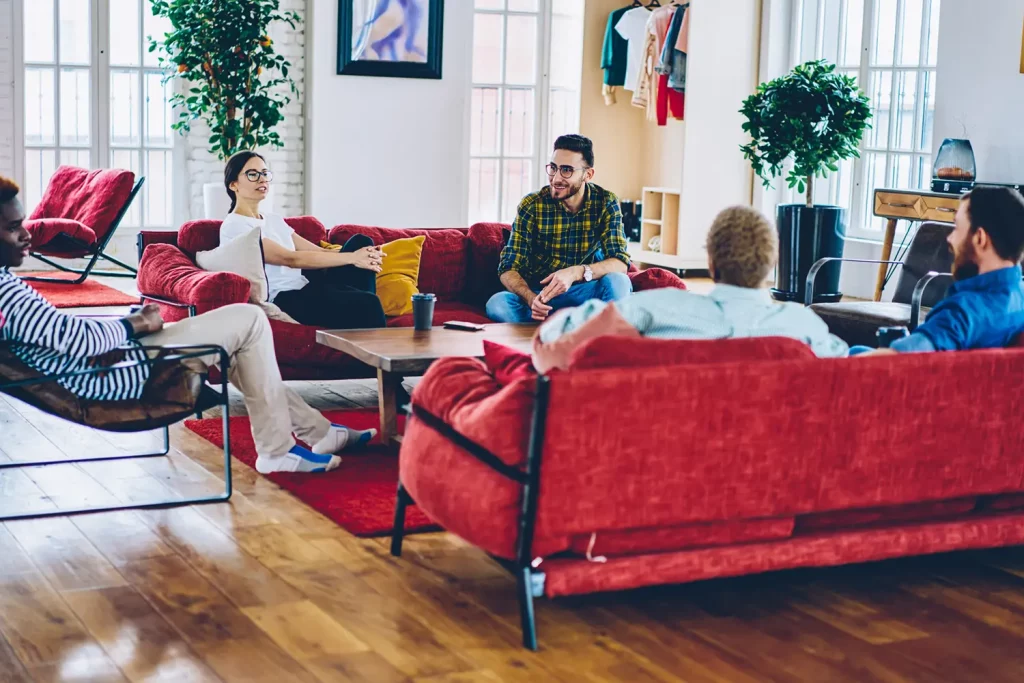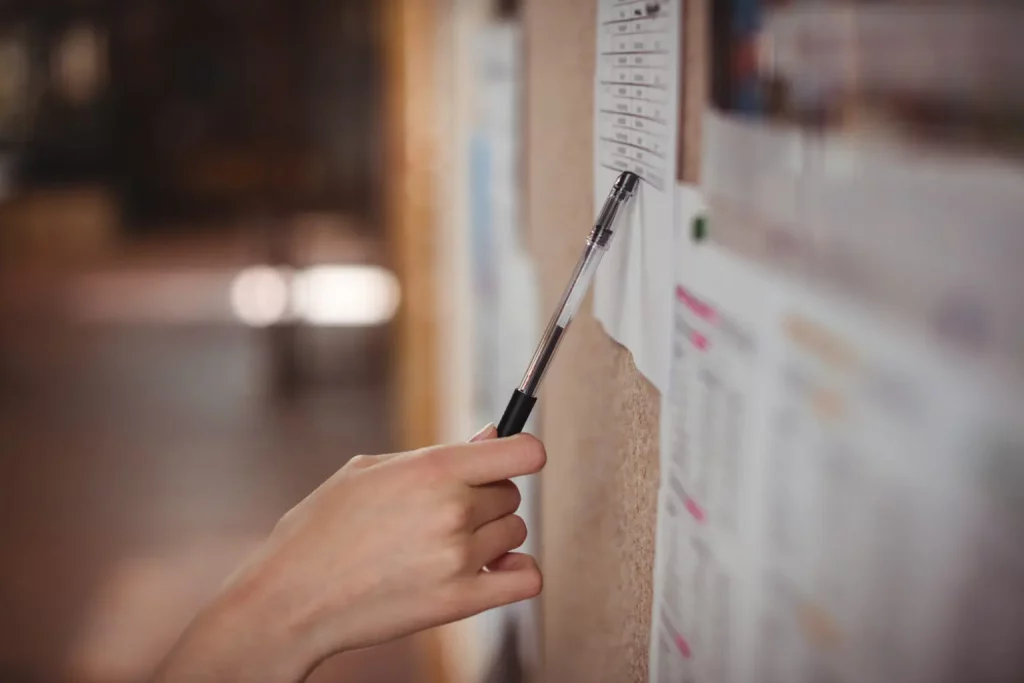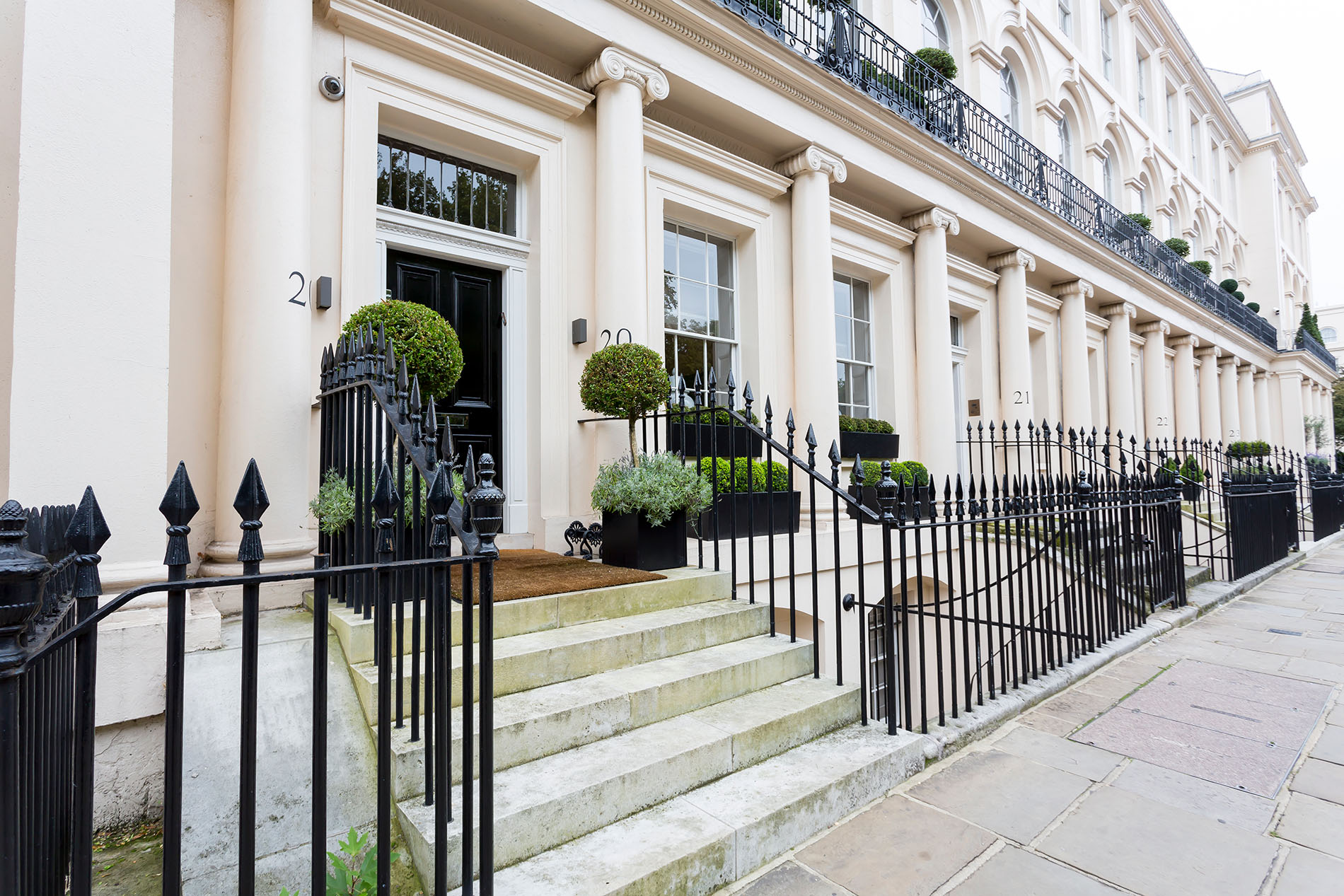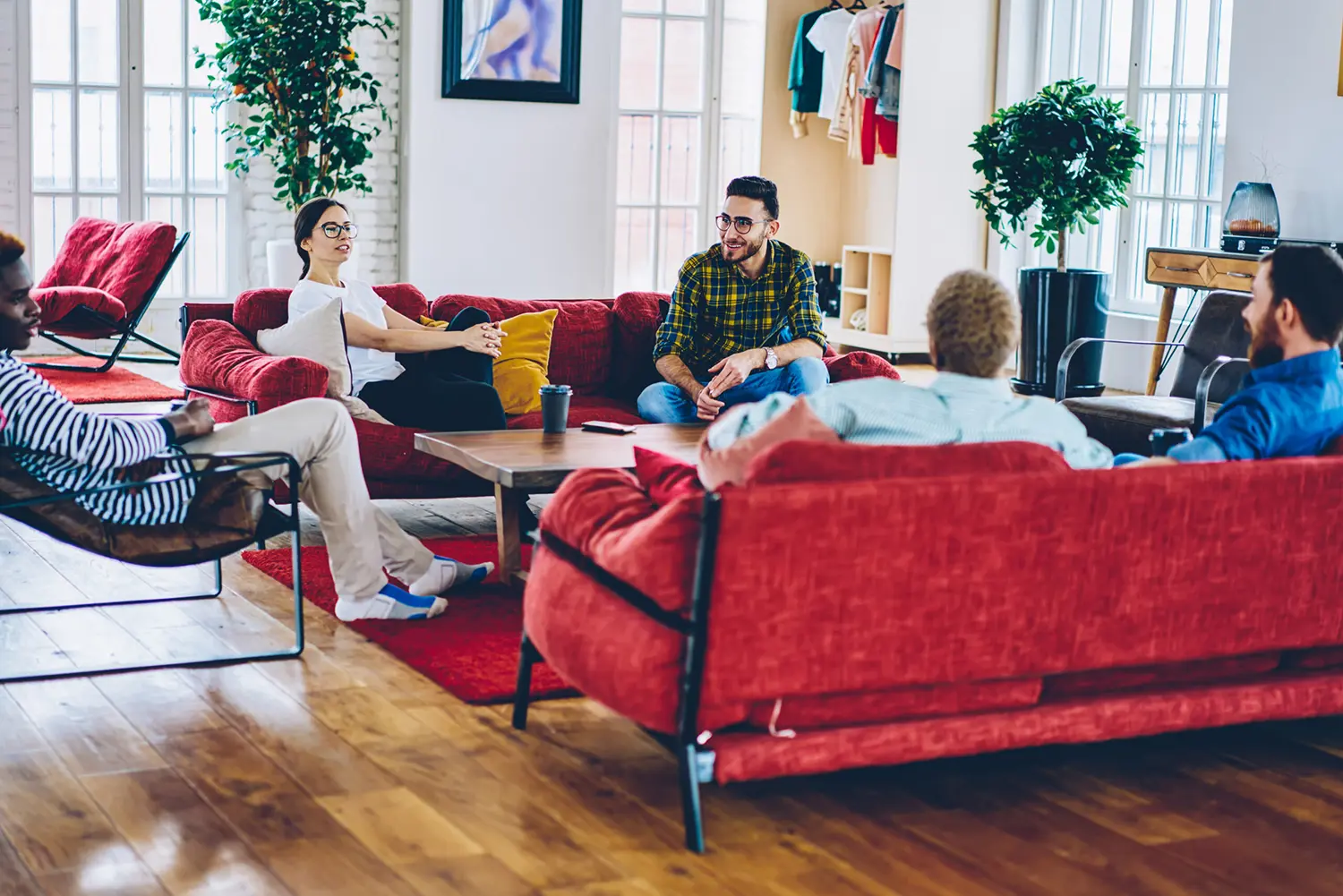Darren Bagnall from Manage Your Block explores how shared spaces, community events and resident engagement can help build a welcoming, safe and homely environment.
Leaseholders living side by side and sharing communal spaces does not necessarily make for a supportive, communicative environment. In fact, for many, it can mean the opposite.
For many leaseholders, living in blocks of flats can be very isolating. Some may shy away from interaction in case things go wrong and turn into tension or even disputes. Some may not want to encroach on other people and so avoid inviting conversation.
Bringing a collection of leaseholders together to create a community takes time and thought, but the results are worth it. Connected residents that feel proud of their environment will resolve issues more easily, take care of the building and have a better quality of life.
Why Community Matters
A strong sense of community offers wide ranging benefits. For residents, it can improve wellbeing, reduce loneliness and foster a feeling of belonging. For those managing the property, it can reduce complaints, improve cooperation and even boost property value.
People who know and trust their neighbours are more likely to:
- Feel safe in their homes
- Respect shared spaces and rules
- Help one another in times of need
- Report issues early and constructively
- Stay longer in their homes, creating more stable communities
The Role of Shared Spaces
Communal areas play a central role in how residents interact. These spaces act as both practical and social hubs, and when designed and maintained with community in mind, they can encourage casual encounters, friendly chats and even new friendships.

To make the most of shared spaces, consider the following:
- Seating: Comfortable seating areas are inviting. Adding benches, garden furniture or sheltered spaces allows residents to stop and relax.
- Personal touches: Soft lighting, potted plants, artwork or noticeboards can turn a stark hallway into a warm, homely space. These details show care and help humanise shared areas.
- Encourage resident use: Allow residents to use communal rooms or gardens for small gatherings, regular group meetings and clubs. Clear guidance and respectful rules can ensure fairness.
- Prioritise safety and cleanliness: Residents are more likely to use shared spaces that are clean and well-lit as they feel safe. Regular maintenance and prompt responses to any issues raised are essential.
The Power of Community Events

Organising or encouraging community events can transform the culture of a building. It is not about hosting elaborate parties or formal meetings but about giving people a reason to come together.
Some simple, low cost ideas:
- Seasonal events e.g. Easter egg hunts, Christmas tree decorating or summer BBQs.
- Litter picks or gardening days are a great way to care for the building as a community.
- Coffee mornings or afternoon teas – these are especially helpful for new residents or elderly neighbours.
- Book clubs, film nights or craft groups can make use of a shared room or even online platforms.
- Home workers can come together in a shared room in the style of a co-working space.
Events can be organised by the Resident Management Company, managing agent or be led by resident volunteers. The key is to keep them inclusive, informal and low pressure. Not everyone will want to take part, but the invitation alone sends a positive message. Include any regular meet up or events in your resident welcome packs so they know how to get involved.
Resident Engagement and Inclusion
A strong community is also built through clear communication and resident involvement. Leaseholders who feel involved and listened to are far more likely to contribute positively to the community.
Make communication easy and open through noticeboards, newsletters, messaging groups or digital portals. Make sure they know who to contact with questions, concerns or ideas.
Seek feedback on proposed changes, invite residents to meetings and be transparent about service charge spending or maintenance plans. Even a simple online poll can make residents feel their voice matters. Blocks of flats often house people of different ages, backgrounds and lifestyles. A thriving community celebrates this diversity and finds ways to include everyone.
Creating a Homely Feel
A clean, well-kept building with thoughtful touches in shared spaces creates a homely, welcoming environment and atmosphere is important.
Here are a few ideas to consider:
- Display artwork by residents, local artists or from schools.
- Allow seasonal (compliant) decorations in communal areas.
- Provide the practicalities to encourage initiatives e.g. a shared bookshelf or plant exchange table.
- Encourage residents to personalise their front doors if possible.
- Celebrate the building’s history with a framed timeline or old photos.
These small touches can transform how people feel about where they live. Instead of just passing through, they begin to see it as their building.
Making Safety a Priority

No community can thrive without a sense of security. A welcoming building must also feel safe both physically and emotionally. Keep entry systems in good working order and ensure communal lighting is bright and consistent.
Make residents aware of all the health and safety assessments, procedures and maintenance you complete so they know things are being kept compliant.
Promote a zero tolerance policy towards anti-social behaviour and encourage residents to report concerns early. It is best to provide a simple, anonymous route accessible to all.
Summary
Building a sense of community in a block of flats or apartment building is not about doing everything perfectly. It is about creating opportunities for connection, respectful communication and a shared sense of pride in the place everyone calls home.
Sometimes, all it takes is a notice on a board, a friendly email or a small event to bring neighbours together. In a time when so many people long for connection and comfort where they live, community is not a luxury, it is a necessity. And with a little thought and care, it is one that any building can begin to grow.
Manage Your Block aren’t here to tell you how to run your block of flats, but we can provide you with highly specialised software to make the management of your block much easier. Call us for more details on 0333 577 9070 or email info@manageyourblock.co.uk.


